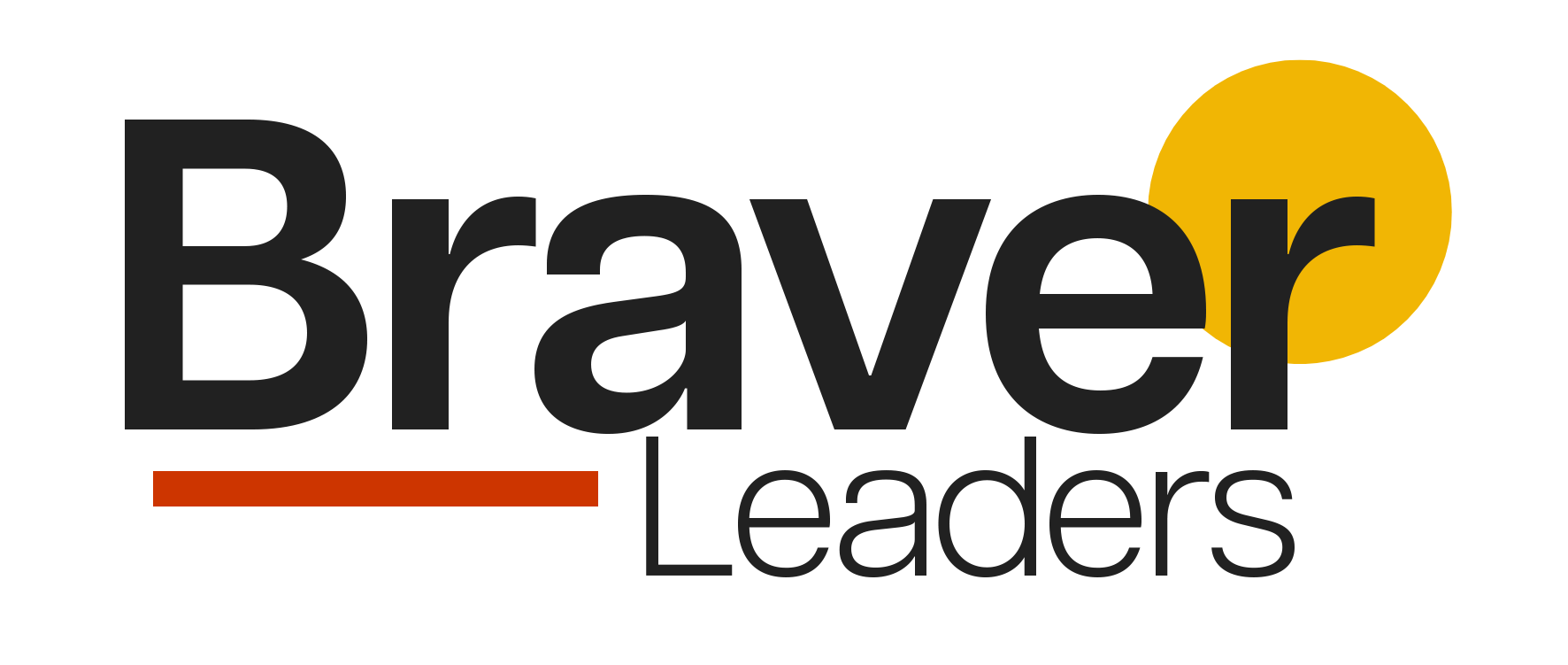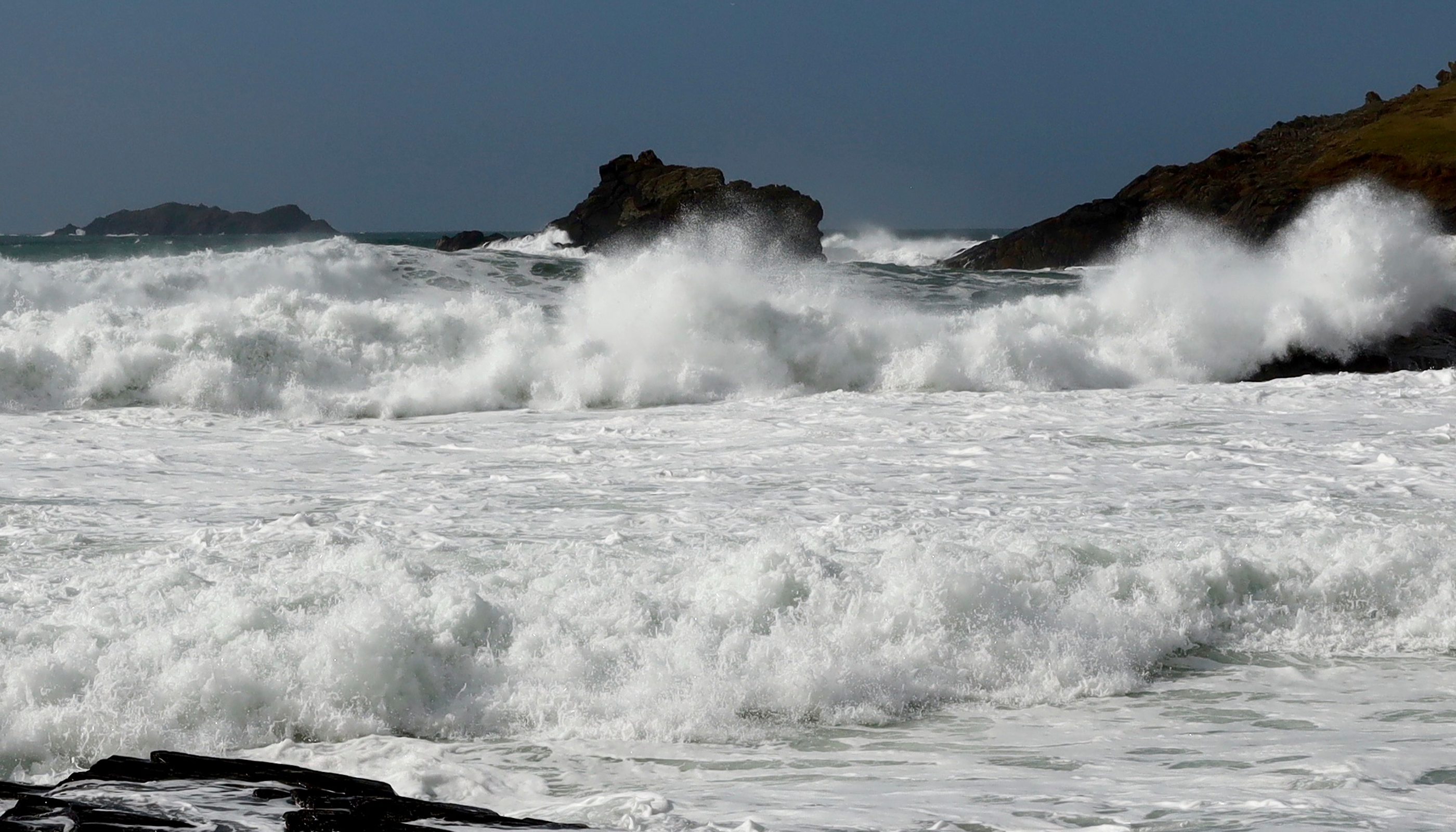Mental Health is an uncomfortable subject for many, it calls on us to face our vulnerability, consider our attitudes, and possibly reconsider our bias.
In my years in emergency care, I’ve seen the whole range of emotion, behaviour and deflection play out when it comes to mental health – from denying it’s a ‘thing’ to real love and compassion. I’ve seen lives shattered and beautiful reconnections.
On a more personal note, I know first-hand how devastating, isolating and all-consuming poor mental health can be. On the cusp of adulthood, I suffered a period of extreme anxiety, agoraphobia, panic attacks, the works – it derailed my life completely.
I felt weak, less than my peers, ashamed, inadequate and afraid – for many years after I had recovered from the acute bout. I never talked about it, even within my own family. I went through college, my nursing career, my friendships and early relationships terrified anyone would find out – in doing this I helped maintain the stigma.
In fact, it was one of the most powerful periods of my life, it has totally shaped the human I have become. Yet it has taken me decades to feel able to talk about it – to acknowledge that I, like at least 30% of the population, have suffered poor mental health.
This is why awareness weeks are important. It is not about a hat tip to mental health, it’s about healing – healing the attitudes, the stigma, the judgement even. It’s about making what can sometimes be invisible, visible. It’s about how we stay connected to ourselves and our fellow humans – how we really lean into the discomfort of facing stuff we might not be able to fix.
As well as the practical mental health strategies offered during mental health awareness week, let’s consider the bigger picture here. Let’s start to heal the rift, the othering, the disconnection that our attitudes and beliefs around mental health have created – and by default what people who experience poor mental health endure.
This starts with each of us getting brave enough to look inward at our own views, biases and experiences, then look at what we put out into the world and consider what impact that has. Then the tougher bit, consider whether this is who we want to be or whether we might have some things to reconcile.
Try this short exercise:
- Sit somewhere comfortable where you won’t be disturbed for 5 -10 minutes. You might want a pad & pen to capture your learning, if you journal you may want to allow a little extra time at the end to free write, and you may prefer just to be in the moment, there is no right or wrong here.
- Take a few slow deep breaths to centre yourself
- Now ask yourself what you believe, no judgement – just feel it. Take note of the emotion that comes up, not just the words. How do you feel?
- Then consider where it comes from – is it experience, is it fear, is it inherited, is it true?
- Is this how you want to show up in the world?
- Keep focused on your emotion, what you are feeling, – is there something, someone, or maybe even yourself, you need to forgive, is there anything you need to let go of in order to show up how you want to? Do this now, feel the emotion and let it go.
- What have you learned?
This is the simplest form of healing conversation. Neurologically if we don’t experience our emotions, we can’t fully process what happens to us, our experiences or memories get misfiled or supressed, and our beliefs and attitudes get distorted. Denial, judgement and othering are all examples of this distortion.
Healing conversations enable us to reconnect with what we feel and reprocess and potentially reconcile what we think and how we show up – allowing us to connect more around the things that are important to us.
All healing starts within, hence the conversation with yourself first. As humans we also have a lot of collective healing to do, there are so many global, cultural, national and local issues and none of us can champion everything. I fundamentally believe that connection and contribution are ingredients for good mental wellbeing, so think about what is important to you, what you have control and influence over and start to explore how you can contribute to healing.
For me, one of these things is mental health awareness – rewriting the narrative, reducing fear – and ignorance, acknowledging the progress being made and the journey we still have to go on.
Poor mental health is debilitating enough, without social stigma, judgement or even well-intentioned avoidance, so this week focus on what you can do. You don’t have to fix stuff or say the right thing. You just have to show up – this might be a kind word, a connecting smile (masks permitting), or checking in on a friend.
A little thing for you might mean the world to someone else.
Coming back to Mental Health Awareness Week, The Mental Health Foundation focus on nature this week, you can check out their aims and evidence here https://www.mentalhealth.org.uk/campaigns/mental-health-awareness-week/why-nature
All nature, and particularly the sea is very grounding for me so I’m treating myself to a few days working from the seaside this week, enjoying this force of nature, the picture above doesn’t do it credit!. Sea air has evidenced benefit for your neurological wellbeing, it is charged with negative ions, increases oxygen uptake and serotonin production.
Until next time look after yourself and those around you and #ConnectWithNature
With love
Lynda


Wow Lynda
Thank you for that..
The useful information.
The question very useful..
Would you mind if I used those questions with a client I am working with…
Karen
Please help yourself Karen, getting your client to connect with the emotion behind the subject, or belief is key – this is what helps us to process it. So if you are using the technique teatime you might want to spend a bit longer at the beginning helping them feel safe and connected – you know this.
Healing conversation techniques can be used in scenarios of stuckness.
I mean real time – not teatime 🤣
Beautiful blog, thank you Lynda
Hi Lynda
I really appreciate the thoughts and emotion you put into this blog. It truly resonated with me. I too experienced a chronic and extended period of mental ill health – which was due to untreated late advance post natal depression. It took 17 years of my life to find the treatment that worked for me to address it, that is almost the full childhood of my youngest child and those of my two eldest. I could be bitter, but I choose not to live in regret. Instead I channel these experiences and the work I did on myself into the work I now deliver. I still do find it difficult to be completely open about this, but I’m learning to be more open and include it as part of my life experience to date. Thank you Lynda.
Another wonderfully centring blog Lynda, thank you.